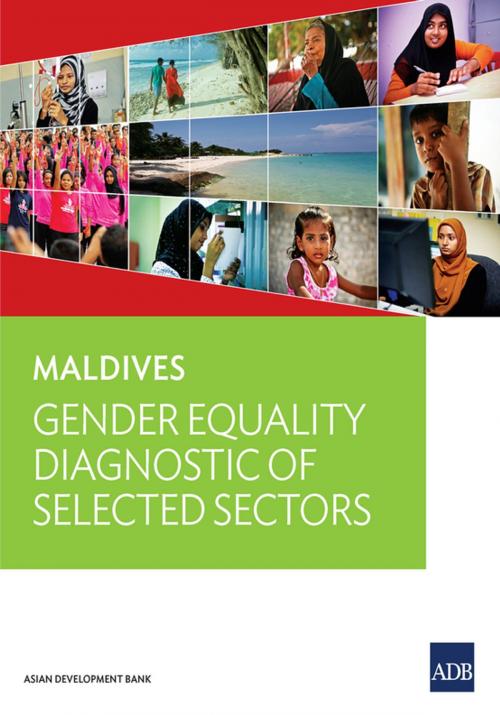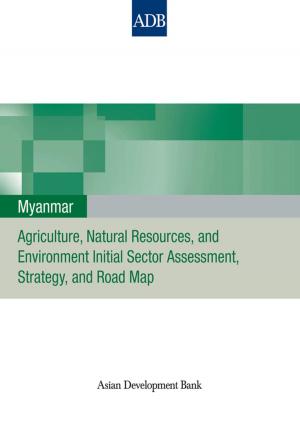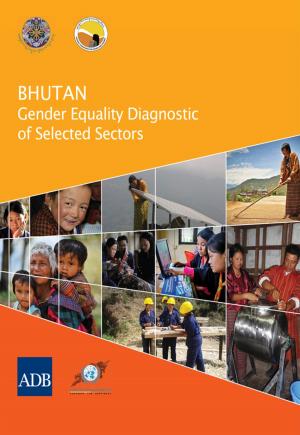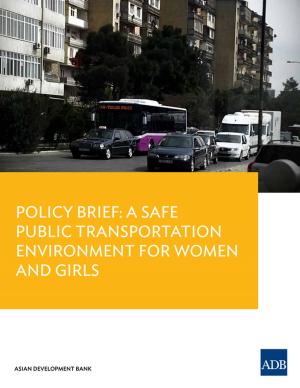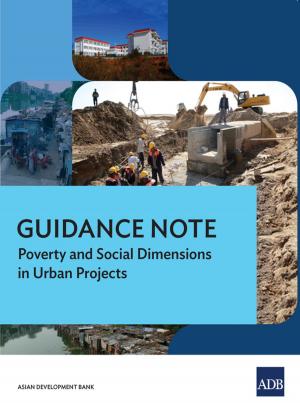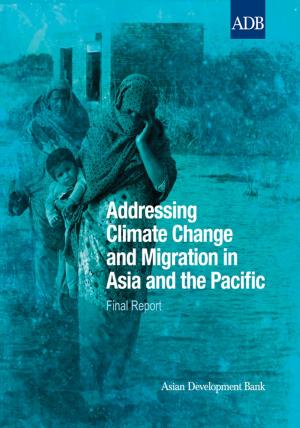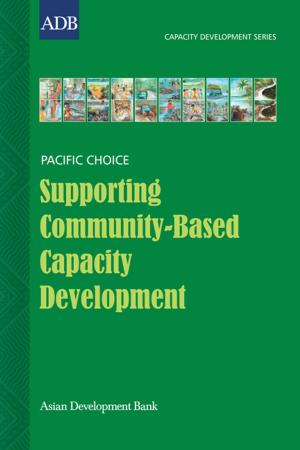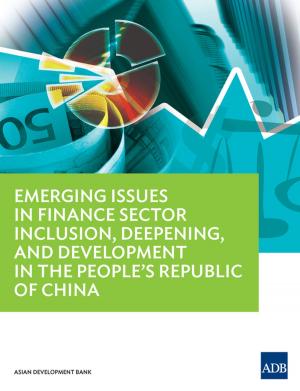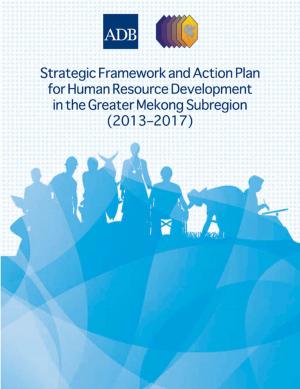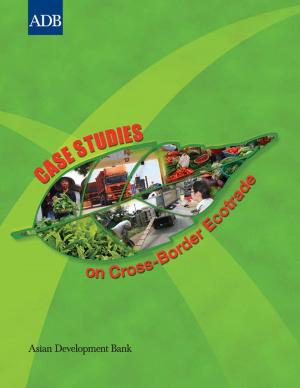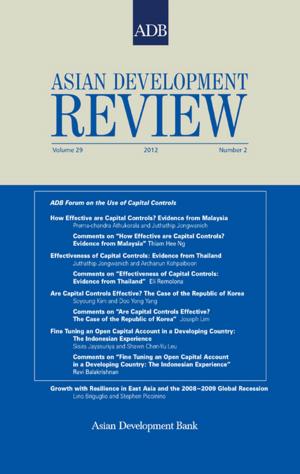Maldives
Gender Equality Diagnostic of Selected Sectors
Nonfiction, Social & Cultural Studies, Social Science, Gender Studies| Author: | Asian Development Bank | ISBN: | 9789292546847 |
| Publisher: | Asian Development Bank | Publication: | November 1, 2014 |
| Imprint: | Asian Development Bank | Language: | English |
| Author: | Asian Development Bank |
| ISBN: | 9789292546847 |
| Publisher: | Asian Development Bank |
| Publication: | November 1, 2014 |
| Imprint: | Asian Development Bank |
| Language: | English |
For the past decade, the Maldives has experienced economic growth, mostly driven by tourism. As an archipelago comprised of small islands, the land area is limited and the resource base narrow, with low potential for agriculture and other industries and high vulnerability to climate change. Its small population is dispersed and fragmented, making delivery of services costly and difficult. With resources and services concentrated in the capital city of Malé, the atolls are underdeveloped. Progress has been notable in eradicating extreme poverty and hunger, achieving universal primary education, improving maternal health, and reducing child mortality. However, challenges remain in gender equality and women's empowerment (with low female-to-male ratio in tertiary qualifications), limited share of female employment, and low participation of women in political development and decision making. This publication intends to support the Government of the Maldives in its attempt to tackle persisting gender inequalities and gaps through a multisector approach across policies, programs, and projects. It provides insights into gender issues in energy; fisheries; micro, small, and medium enterprises; transport; tourism; and water and sanitation and suggestions for strengthening gender mainstreaming in project design, implementation, and monitoring.
For the past decade, the Maldives has experienced economic growth, mostly driven by tourism. As an archipelago comprised of small islands, the land area is limited and the resource base narrow, with low potential for agriculture and other industries and high vulnerability to climate change. Its small population is dispersed and fragmented, making delivery of services costly and difficult. With resources and services concentrated in the capital city of Malé, the atolls are underdeveloped. Progress has been notable in eradicating extreme poverty and hunger, achieving universal primary education, improving maternal health, and reducing child mortality. However, challenges remain in gender equality and women's empowerment (with low female-to-male ratio in tertiary qualifications), limited share of female employment, and low participation of women in political development and decision making. This publication intends to support the Government of the Maldives in its attempt to tackle persisting gender inequalities and gaps through a multisector approach across policies, programs, and projects. It provides insights into gender issues in energy; fisheries; micro, small, and medium enterprises; transport; tourism; and water and sanitation and suggestions for strengthening gender mainstreaming in project design, implementation, and monitoring.
